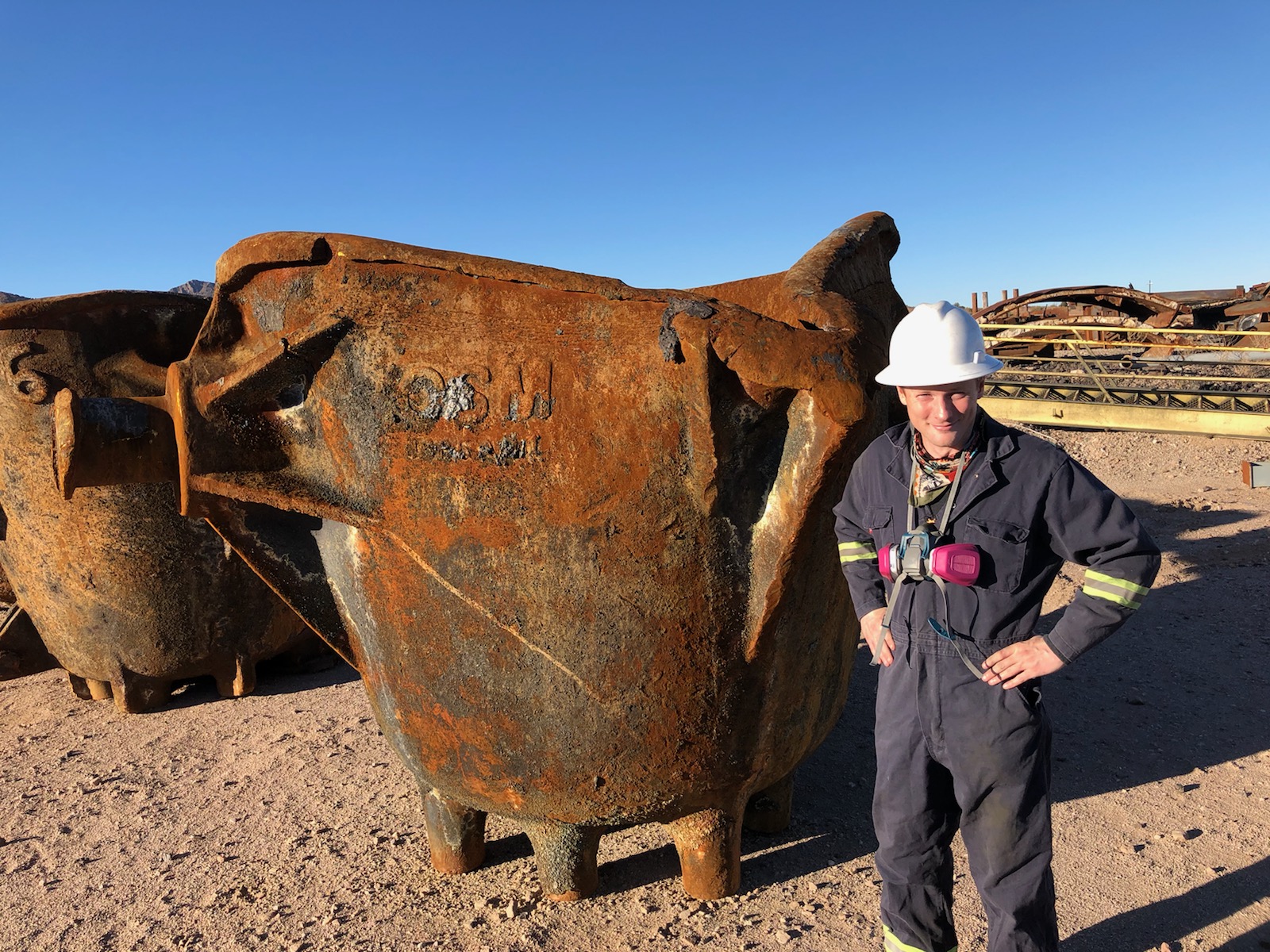
Mining, a crucial driver of global economic development, has long been associated with environmental concerns due to its profound impact on ecosystems and natural resources. As societies strive for sustainable practices, the mining industry faces the imperative of balancing resource extraction with environmental responsibility. This article delves into the environmental challenges posed by mining activities. It explores the sustainable practices that are reshaping the industry, fostering a harmonious coexistence between mineral extraction and environmental preservation.
Deforestation and Habitat Destruction
One of the primary environmental challenges posed by mining activities is deforestation and habitat destruction. Clearing vast areas of land for mining operations disrupts ecosystems, displaces wildlife, and alters the delicate balance of flora and fauna. The impact is particularly pronounced in regions rich in biodiversity, where mining operations encroach upon natural habitats.
Sustainable Practice: Reclamation and Reforestation
To mitigate the environmental impact, sustainable mining practices focus on reclamation and reforestation efforts. Mining companies are increasingly investing in initiatives to restore ecosystems post-extraction. This involves planting native vegetation, restoring water bodies, and creating wildlife habitats to offset the ecological footprint left by mining operations.
Water Pollution and Contamination
Mining activities, especially those involving open-pit mining and the use of chemicals, can lead to water pollution and contamination. Runoff from mining sites carries sediments, heavy metals, and toxic chemicals into nearby water bodies, threatening aquatic life and compromising water quality. The impact extends beyond immediate water sources, affecting downstream ecosystems and potentially harming human populations.
Sustainable Practice: Water Management and Treatment
Sustainable mining practices prioritize comprehensive water management strategies. This includes the implementation of sedimentation ponds, water treatment facilities, and the responsible use and disposal of chemicals. Some mining operations adopt closed-loop systems to minimize water consumption and prevent contamination, ensuring that water resources remain safeguarded.
Air Pollution and Emission of Greenhouse Gases
The extraction and processing of minerals can contribute to air pollution through the release of particulate matter, sulfur dioxide, and nitrogen oxides. Additionally, the combustion of fossil fuels for energy-intensive mining operations contributes to the emission of greenhouse gases, contributing to climate change. The impact is not only localized but extends globally, affecting air quality and exacerbating the challenges of climate change.
Sustainable Practice: Renewable Energy Adoption
To address air pollution and reduce greenhouse gas emissions, sustainable mining practices advocate for the adoption of renewable energy sources. Mining companies are increasingly incorporating solar, wind, and hydropower into their operations to minimize reliance on fossil fuels. This transition not only reduces the carbon footprint but also positions the mining industry as a proactive player in the global shift toward clean energy.
Soil Degradation and Erosion
Mining activities, particularly those involving large-scale excavation, can lead to soil degradation and erosion. The removal of vegetation and topsoil exposes the underlying soil to erosion, leading to the loss of fertile land and compromising agricultural productivity. The impact is not only felt within the immediate mining site but can extend to surrounding areas, affecting local communities and ecosystems.
Sustainable Practice: Soil Conservation and Reclamation
Sustainable mining practices emphasize soil conservation and reclamation efforts. Techniques such as contour plowing, cover cropping, and the use of erosion-control structures are employed to prevent soil erosion and promote soil health. Reclamation efforts involve restoring mined areas to their original or equivalent state, ensuring the long-term viability of the land for agricultural or ecological purposes.
Waste Generation and Management
Mining operations generate substantial amounts of waste, including tailings, waste rock, and other by-products. Improper disposal and management of mining waste can lead to environmental hazards, soil and water contamination, and long-lasting ecological damage. The impact is significant, especially in regions with inadequate waste management practices.
Sustainable Practice: Responsible Waste Management and Recycling
Sustainable mining practices prioritize responsible waste management through the implementation of advanced technologies and best practices. This includes the utilization of tailings dams engineered for stability and the exploration of innovative recycling methods to extract valuable materials from mining waste. By reducing the volume of waste and implementing safe disposal methods, mining companies aim to minimize their environmental footprint.
Social and Cultural Impacts
While not strictly environmental, mining activities can have profound social and cultural impacts on local communities. Mining poses challenges, including the displacement of communities, disruption of traditional livelihoods, and the alteration of cultural landscapes. The impact extends beyond the immediate environmental concerns, affecting the well-being and resilience of communities.
Sustainable Practice: Community Engagement and Benefit Sharing
Sustainable mining practices prioritize community engagement and benefit-sharing mechanisms. Increasingly, mining companies are collaborating with local communities to understand and address the social and cultural impacts of mining. This involves respecting the rights of indigenous populations, providing employment opportunities, contributing to community development initiatives, and fostering a more inclusive and sustainable approach to mining.
As the global demand for minerals continues to rise, the mining industry faces an imperative to address its environmental impact and embrace sustainable practices. The challenges posed by mining activities are complex and multifaceted, requiring a holistic approach that integrates environmental stewardship with responsible resource extraction.
The shift towards sustainable mining practices represents a positive trajectory for the industry. Mining companies, through adopting practices like reclamation, water and soil management, renewable energy, responsible waste management, and community engagement, contribute to a sustainable, environmentally conscious future. Balancing industry needs with ecosystem preservation is not just ethical but a strategic imperative for the mining sector’s long-term viability and the planet’s health.